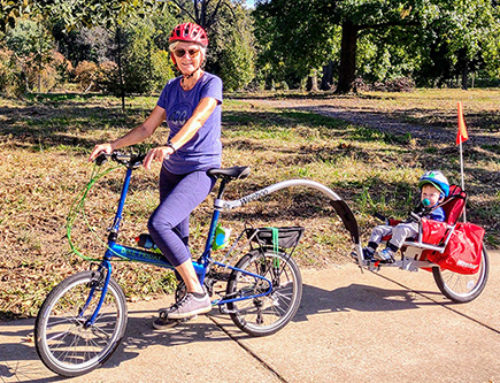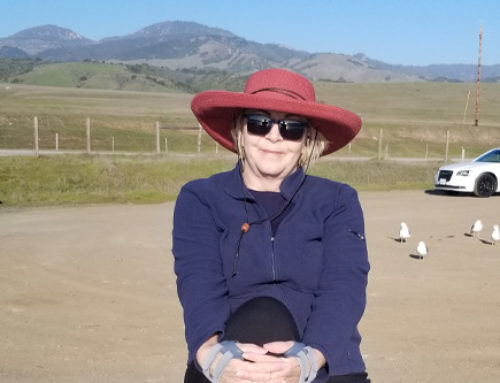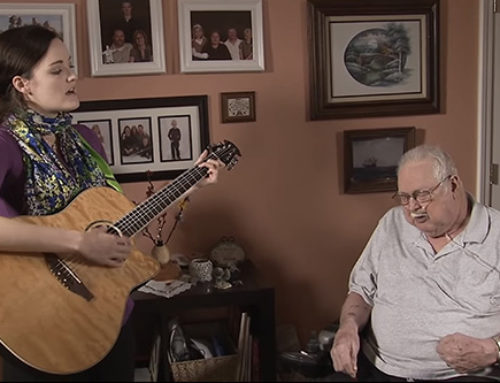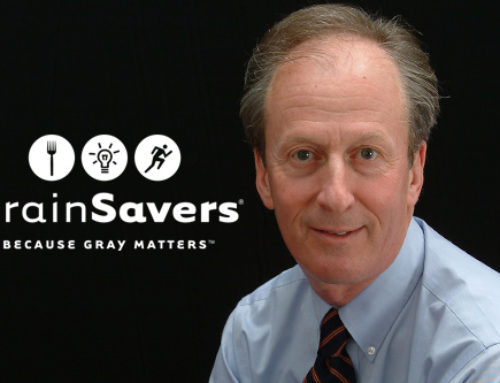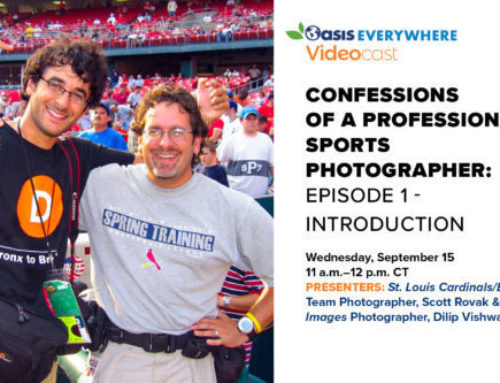Recently proven principles, if practiced, support healthy brain aging and reduced risk of Alzheimer’s disease.
As a fourth-year medical student, I was contemplating a career in neurology. I was fortunate to obtain a six-week clerkship in New York City, at the Neurological Institute of Columbia University Medical Center, where Dr. Houston Merritt, one of the titans in the history of American neurology of the 20th century, was the past chairman and professor emeritus.
 Although retired, Dr. Merritt met with medical students once a week. An entertaining raconteur, he had us spellbound with personal stories from his long and illustrious career. During one session he uttered these words: “One of the unfortunate experiences of growing old is sitting in my favorite chair and listening to my Betz cells commit suicide by diving into the ventricular lakes.” (Betz cells are large, gray matter brain cells and the ventricles are normal, fluid-filled, cavities in the brain.)
Although retired, Dr. Merritt met with medical students once a week. An entertaining raconteur, he had us spellbound with personal stories from his long and illustrious career. During one session he uttered these words: “One of the unfortunate experiences of growing old is sitting in my favorite chair and listening to my Betz cells commit suicide by diving into the ventricular lakes.” (Betz cells are large, gray matter brain cells and the ventricles are normal, fluid-filled, cavities in the brain.)
As I’ve written in my book, The Brain Training Revolution: A Proven Workout for Healthy Brain, this statement struck me, as it came from a neurological “giant” and revered teacher who delivered it with a tinge of sadness and resignation. These words became seared in my memory.
Dr. Merritt’s depressing, rather hopeless sentiment reflected what was then the central dogma of the aging brain. Neurologists and neuroscientists of that era taught that we are born with a hard-wired brain. Furthermore, according to this tenet, the most marvelous structure in the entire universe began to unravel at about age 40. If you were fortunate, it unraveled slowly and you lived into your sixties, seventies and beyond with your mental faculties intact. If you were unlucky, it unraveled more rapidly, and you became senile. Now we refer to senility as dementia.
Today we know differently and better.
A more hopeful outlook on aging and brain health
Although the aging brain does show some “wear and tear” – it is not as nimble as a younger brain – remarkable, ground-breaking discoveries of the last thirty years have defined a new paradigm. The previously described possibilities of neuroplasticity and brain reserve in the adult brain are no longer hypotheses; they are now firmly established as principles for brains of sixty, seventy, eighty years of age and beyond. The new science of the aging brain is built upon the results of thousands of animal and human research studies.
Let’s define neuroplasticity and brain (cognitive) reserve to understand the promise they hold for each of us as we age.
- Neuroplasticity is the brain’s ability to change its shape by generating new neurons (brain cells) and connect them via axons and dendrites (miniature cables). This property underlies our ability to learn, remember and create at any age.
- Brain reserve, also known as cognitive reserve, is an insurance policy against loss of mental function associated with age. Think of it as analogous to physical reserve: individuals who do regular, modest physical exercise have protection against heart attacks, stroke, diabetes, osteoporosis and other age-related diseases. Brain reserve is built and maintained by living a brain healthy lifestyle.
Here are the core components of a brain healthy lifestyle:
- Challenging mental activities – be a lifelong learner
- Social engagement – participate in fun, engaging activities with family and friends
- Modest, regular physical activity – walk 30 minutes, five days each week
- Healthful eating via the Mediterranean diet
- Successful stress management
- Getting nightly, memory-consolidating, restorative sleep
Older adults who incorporate these six lifestyle components and pay attention to medical risk factors such as high blood pressure and diabetes have better cognitive and overall health, fewer memory misfires (aka senior moments) and a significantly reduced risk of Alzheimer’s disease.
About the author
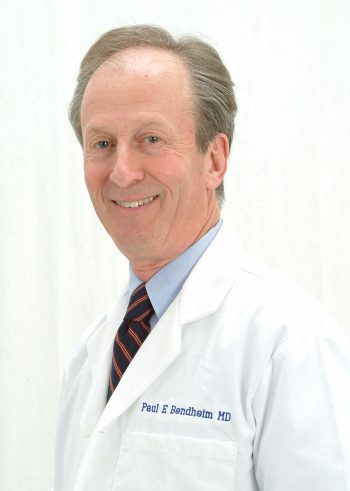 Paul Bendheim, MD, is a board-certified neurologist and founder of BrainSavers®, an evidence-informed, total lifestyle, proprietary program aimed at enriching lives, maintaining cognitive and overall health, while reducing the risk of Alzheimer’s disease. Dr. Bendheim’s team developed The BrainSavers® Brain+Body Total Fitness Program, which was launched in 2016, and is currently offered by health plans and retirement communities in several states.
Paul Bendheim, MD, is a board-certified neurologist and founder of BrainSavers®, an evidence-informed, total lifestyle, proprietary program aimed at enriching lives, maintaining cognitive and overall health, while reducing the risk of Alzheimer’s disease. Dr. Bendheim’s team developed The BrainSavers® Brain+Body Total Fitness Program, which was launched in 2016, and is currently offered by health plans and retirement communities in several states.

